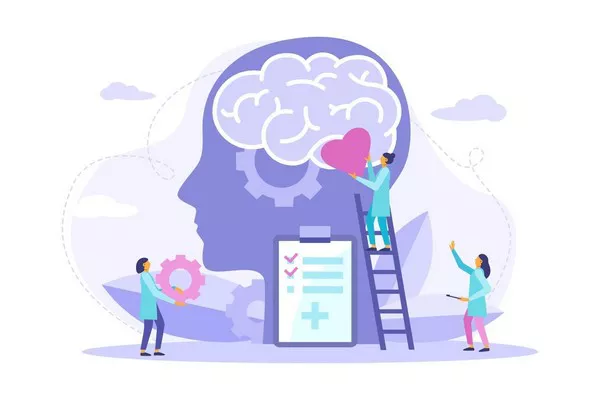As over 10,000 elite athletes converge for the 2024 Paris Olympics, they confront immense pressures under the global gaze, where split-second decisions can determine triumph or defeat on the grandest stage. Apolo Ohno, retired Olympic speed skater, reflected on the evolving discourse surrounding mental health in athletics, noting a significant shift from his competitive days.
“In my time, mental health was equated with performance,” Ohno recounted to PBS News Hour’s Amna Nawaz. “We didn’t fully grasp its broader implications.”
Jessica Bartley, senior director for psychological services at the U.S. Olympic and Paralympic Committee, highlighted the pandemic-delayed Tokyo Games as a pivotal moment. The additional year intensified anxiety among athletes, particularly veterans facing a new cohort of younger contenders.
The impact resonated globally when gymnast Simone Biles, advocating for mental health awareness, withdrew from team competition. Biles’ actions sparked a dialogue on prioritizing well-being over relentless expectations.
Bartley emphasized the relentless demands athletes face, cultivated through lifelong dedication. “The mindset often revolves around unwavering focus to excel,” she explained. However, this tunnel vision sometimes neglects mental health and life balance, contributing to challenges like anxiety and depression observed in elite athletes.
Acknowledging these complexities, the International Olympic Committee introduced a comprehensive action plan in 2023. The initiative aims to address mental health issues prevalent among athletes and promote holistic well-being through cultural improvements and data-driven interventions.
Ohno, who authored “Hard Pivot” and featured in HBO’s “The Weight of Gold,” champions destigmatizing mental health discussions. Reflecting on his record-setting Olympic career, Ohno highlighted personal growth beyond medals. “The true prize lies in the journey,” he emphasized, advocating for embracing vulnerability and seeking support.
As athletes contemplate retirement, Bartley encourages proactive engagement with support networks and reflection on future aspirations. Team USA’s Pivot Program offers resources for transitioning athletes, encompassing job training, financial literacy, and mental health guidance.
For Taylor Fletcher, a former U.S. Nordic Combined team member, the transition underscores the importance of life balance beyond sports. “The sport isn’t everything,” Fletcher remarked, urging athletes to broaden their perspectives and embrace new challenges post-Olympics.
Navigating post-Olympic life, Ohno finds purpose in guiding others through setbacks and resilience. “Starting today is better than waiting for tomorrow,” he concluded, echoing a sentiment of hope and renewal for athletes navigating life’s transitions.

